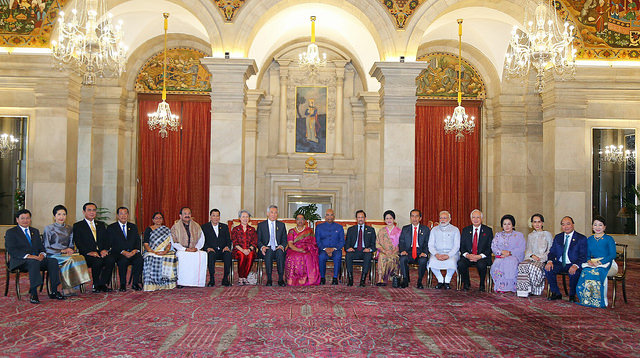Against the backdrop of the unfolding resurgence of India and East Africa, the fastest growing region in a rising African continent, Uganda’s President Yoweri Museveni has called for pitching the burgeoning economic partnership onto a higher orbit.
India’s Commerce Secretary Rita Teaotia underscored the striking convergence between the two regions and spoke about an “alignment between the India Growth Story and Africa’s own vision of resurgence, as crystallised in African Agenda 2063.”
Mrs Teaotia is leading a high-profile delegation of top Indian industrialists, investors and senior officials, to the CII-EXIM Bank Regional Conclave on India and East Africa in Kamala.
Setting an upbeat note about the future of India’s economic relations with Uganda and East Africa, Mr Museveni exhorted Indian investors to take advantage of the improving investment environment in the country. “The potential is very big. Purchasing power in Africa is going up. Africa is the business centre of the future. You are right now in the right place at the right time,” Mr Museveni told delegates at the CII-Exim Bank Regional Conclave on “India and East Africa: Partners in Development.”
Sanjay Kirloskar, Chairman, CII Africa Committee, and CMD, Kirloskar Brothers Limited, dwelled on focus areas of the India-East Africa partnership, which includes infrastructure, banking & finance, manufacturing, agriculture and food processing and knowledge sectors like IT & telecom, health care, education & skill development.
As India gears up to intensify trade and investment with the dynamic East African region, promoting Brand India in the region will be crucial. Brand India is synonymous with Trust, Quality and Innovation, said Mr Kirloskar.
Read More









